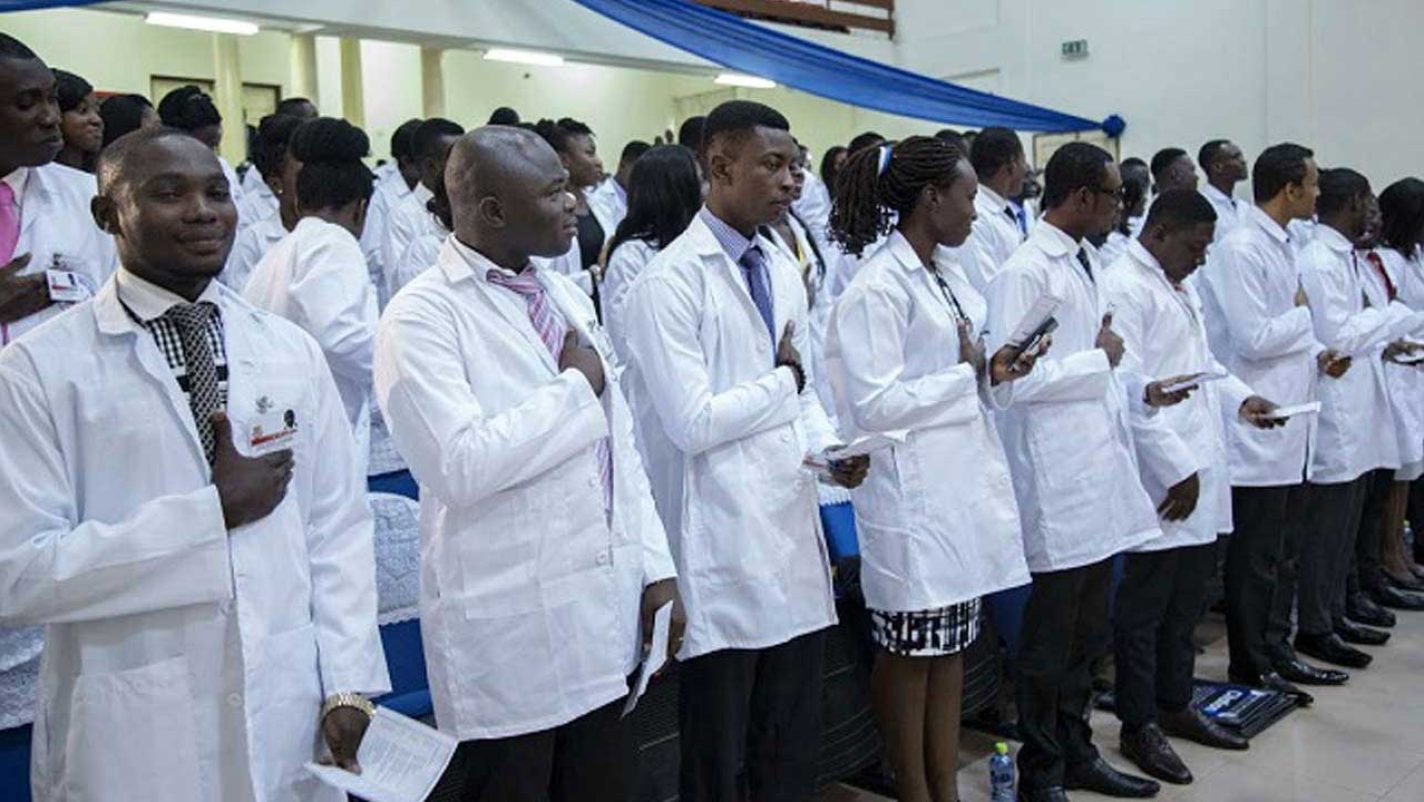Dr. Bala Waziri, the Chief Medical Director of IBB Specialist Hospital in Minna, Niger State, sheds light on the challenges in Nigeria’s health sector and suggests measures the government can adopt to address them in an interview with CHIKA OTUCHIKERE.
Brain drain continues to afflict Nigeria’s health sector. In your early years as a doctor, did you ever consider emigrating? Many doctors would have entertained the thought at some point. There are various push factors. Some of us received tempting offers, but I weighed the decision to stay in my country and serve my people. I recently counseled a younger colleague who had already decided during medical school to leave the country after graduation. I advised him to consider contributing to the nation by acquiring training abroad and returning to give back. The Minister of Health also emphasized patriotism in a recent interview. Our medical education is heavily subsidized. Current tuition fees for medical students range from N82,000 to a little over N90,000, which is significantly lower than the cost of private medical education in the country. Despite this, many still choose to leave, impacting health institutions. For example, at IBB Specialist Teaching Hospital, we have to engage local doctors to fill gaps.
Another crucial aspect is government support. The Federal Government has introduced a waiver on replacement at the federal level, allowing for the replacement of doctors who leave. However, challenges persist, such as an embargo on employment, hindering efforts to fill vacant positions. The introduction of teaching hospitals is a positive step, as it encourages medical workers to stay and specialize in certain areas. Although there’s no formal agreement for doctors to return after studying abroad, there’s encouragement to do so.
Medical tourism, often blamed for the state of government hospitals and the emigration of health professionals, isn’t as straightforward. Leaders also utilize local health institutions, and there’s a need to strengthen the existing health structure. Certain medical procedures, like cardiac and liver transplants, may necessitate travel abroad due to the unavailability of such services in Nigeria.
How would you describe the current state of the Nigerian health sector?
The Nigerian health sector is multifaceted, covering training, human resources, and infrastructure. Human resources face a significant shortage of health workers, including doctors, nurses, and lab technicians. Mass exodus, driven by push factors like inadequate enabling environments, insecurity, and remuneration concerns, has been a recurring issue. On the other hand, pull factors such as better remuneration, skill enhancement opportunities, and advanced facilities abroad contribute to emigration. Current insecurity in various states also acts as a push factor.
Infrastructure challenges include the absence of state-of-the-art facilities for certain medical procedures, leading to professionals unable to practice acquired skills. Universities, responsible for medical training, face constraints in accommodating students due to limited infrastructure and human resources. Improvements have been observed, particularly in areas like kidney transplants, reducing the need for medical tourism.
How can the Nigerian healthcare system be strengthened or repositioned?
To strengthen the healthcare system, the government must focus on upgrading infrastructure, providing state-of-the-art facilities, increasing university capacity to accommodate more doctors, and addressing lecturers’ welfare. Improved remuneration, coupled with motivation measures such as housing and car allowances, can encourage doctors to stay. The government can also explore agreements with other countries to curb the mass migration of doctors. These strategies aim to create an environment that retains and motivates medical professionals to contribute to Nigeria’s healthcare sector.


